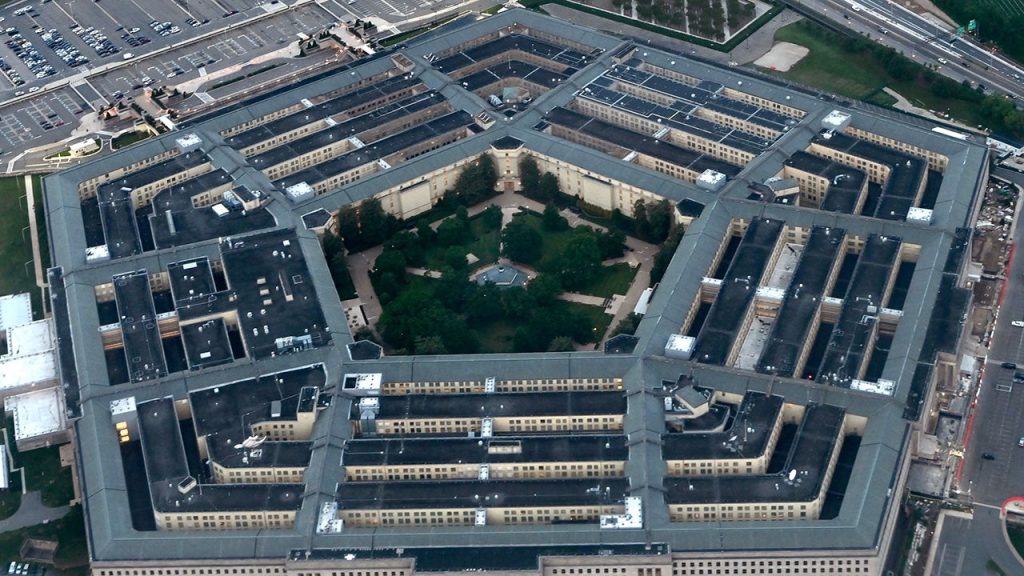The Department of Defense has released partial data on its policy that covered travel expenses for service members seeking an abortion. The policy authorized administrative absences and travel and transportation allowances for non-covered reproductive healthcare, including abortion and assisted reproductive technology like in vitro fertilization. From June to December 2023, the policy was used 12 times at a total cost of slightly under $40,800. The number accounts for how many times the policy was used, not how many individuals used it, meaning it could have been used multiple times by the same service member. The specific non-covered reproductive healthcare services used were not disclosed to protect privacy.
The Biden administration introduced the policy in response to the Supreme Court’s ruling that overturned Roe v. Wade, which sparked controversy and backlash from Republican lawmakers. In February 2023, Senator Tommy Tuberville of Alabama blocked President Biden’s military nominations in protest of the policy, describing it as “illegal.” Tuberville’s campaign against the policy lasted until December, when he eventually ended his crusade. The policy provided travel expense reimbursement to service members seeking abortions, prompting Republicans to try to kill it due to political disagreements.
Deputy Pentagon press secretary Sabrina Singh stated that the respective services of the DOD were given an August deadline to submit data on the policy, with some submitting data earlier than others. This led to no data being available for the period from January to May 2023. The policy allowed service members and their dependents access to non-covered reproductive healthcare services, which included abortion and assisted reproductive technologies like in vitro fertilization, ovarian stimulations, and egg retrieval. The cost of the policy to the Pentagon amounted to just under $40,800 for the 12 instances in which it was used.
The number of times the policy was used between June and December 2023 provides insight into the level of demand for non-covered reproductive healthcare among service members. The data released by the Department of Defense sheds light on the financial implications of the policy, with a total cost of approximately $40,800. Despite the controversy and opposition from Republican lawmakers, the policy remained in place throughout the specified period. The policy was implemented in response to the Supreme Court’s ruling on Roe v. Wade, highlighting the ongoing political debates and legal challenges surrounding reproductive rights and access to healthcare services.
The issue of providing travel expense reimbursement for service members seeking abortion and assisted reproductive technology services has been a contentious topic within the military and political spheres. The policy introduced by the Biden administration aimed to ensure access to non-covered reproductive healthcare for service members and their dependents. The backlash and attempts to overturn the policy by Republican lawmakers, such as Senator Tuberville, demonstrate the deep divides and conflicting views on reproductive rights and healthcare access. The release of partial data on the policy usage and costs provides transparency into the implementation and financial implications of the policy within the Department of Defense.















